By Jon Diamond
On May 22, 1940, within a fortnight of being appointed Britain’s prime minister, Winston S. Churchill was confronted with the British Expeditionary Force (BEF), under Lord Gort, retreating from Belgium. The Allied forces were reeling from the impact of the German Wehrmacht’s onslaught.
Churchill summoned his close friend, Edward L. Spears, a fellow Member of Parliament (MP) and the Conservative Party, to his residence. The prime minister had decided to send Spears to Paris as his personal representative to French Premier Paul Reynaud, who was extremely unnerved by the Nazi onslaught and recent French defeat on the River Meuse.
Operation Dynamo, the evacuation from Dunkirk, was soon to begin. Since Spears had left the military in 1919, he had barely managed to cobble together an impromptu uniform fitting for a major general and, on May 25, a day before the Dunkirk evacuation commenced, he departed by plane for France, his native country, on an “assignment to catastrophe.”
Edward Louis Spears (née Spiers) was born in Paris to British parents on August 7, 1886. He resided in France throughout his childhood, becoming fluent in French and English. In 1918, he changed his name to Spears, seemingly to prevent further mispronunciation of his name; however, rumors circulated that he wanted it to be “Anglicized” since he was believed of Jewish ancestry and many officers in both the French and British armies harbored anti-Semitic views.
In 1903, Spears joined the Kildare Militia of the 3rd Battalion, Royal Dutch Fusiliers. Three years later, he was commissioned as a subaltern in the 8th Royal Irish Hussars of the Regular Army. Due to his fluency with both English and French, Spears authored textbook translations in both languages from 1911-1914. In May 1914, before the outbreak of World War I, Spears was assigned to the French Ministry of War in Paris. When the Kaiser’s invasion commenced later that summer, Spears was one of the first British soldiers at the front before the BEF could be shipped across the English Channel.
Spears served as an interpreter for several high-ranking commanders and a young British cabinet minister, Winston Churchill. In January 1915, Spears was wounded and sent home to England, having received the Military Cross. Upon recuperation, in April 1915, he accompanied Churchill, then First Lord of the Admiralty, on an inspection of the front.
In December, after Churchill resigned from his position after the failed Dardanelles campaign, he sought out Spears, lobbying for an infantry command on the Western Front. The two officers cemented a strong friendship, and Churchill even wanted Spears to serve as his brigade major, but his liaison skills were too valuable to release him to the trenches.
In May 1917, Spears was promoted to major and general staff officer (GSO) 1st Grade and posted to the French Ministry of War. He introduced his friend Churchill, now Minister of Munitions, to the new French premier, Georges Clemenceau. Although he was promoted to lieutenant general in January 1918, animus among British commanders toward Spears interfered with further career advancement. In 1919, he retired from active military service.
Spears twice served as an MP, and as war clouds again loomed, he was, like Churchill, violently opposed to the Munich agreement of 1938. However, surprisingly another anti-appeaser, Duff Cooper said of him, “He’s the most unpopular man in the House. Don’t trust him: he’ll let you down in the end.”
Spears became a member of Anthony Eden’s inner circle of anti-appeasement MPs. However, after Eden resigned as Foreign Secretary in the winter of 1938, Spears joined Churchill’s group of MPs battling the Chamberlain government for swifter rearmament and a firmer stance toward the fascist dictators.
After the Nazi invasion of Poland and Britain’s entry into World War II, Spears wanted to play an active part in the war effort, “particularly in my old post as liaison officer with the French.”
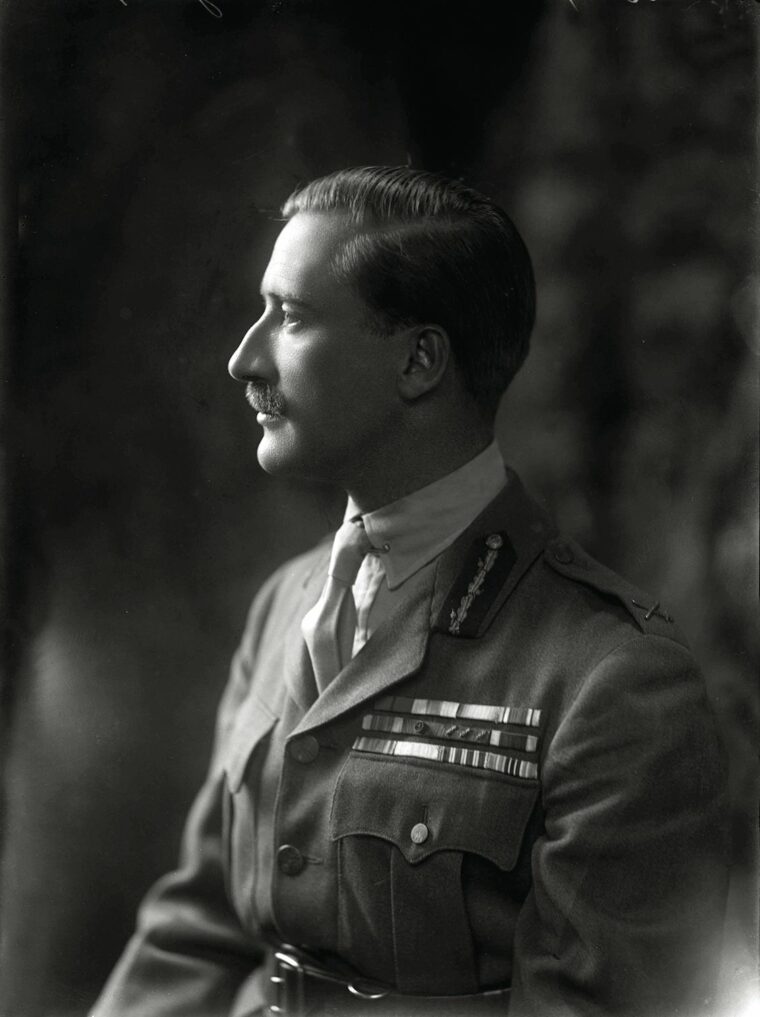
On May 10, 1940, the Nazis invaded Belgium, Holland and Luxembourg. The “Phony War” was over. Later that day Spears learned from German sources that King George VI had asked Churchill to form a new government. He recalled, “The Berlin wireless announced that Mr. Chamberlain had resigned and was followed by Winston Churchill.”
Shortly thereafter, as the BEF, under Gort, raced north from its positions in France into previously neutral Belgium, Spears noted something unsettling: “I felt slightly uncomfortable. Were our forces by any chance doing what the Germans had expected them to do?…My conclusion was that we were advancing as the Germans had known we would, and that they were not interfering with our doing so. A very distinct though small red light twinkled in the back of my head.”
On May 14, Spears’ worries became reality as the Germans crossed the Meuse at Sedan and Monthermé. By the next day, Spears’ interpretation of French communiqués led him to believe that the Germans were also across the Meuse at Dinant and that “the truth was worse than anyone in London imagined.” Spears was aghast at the bad liaison that existed between the French and British commands.
By May 20, when Spears broadcast to France via the BBC in his native tongue, his words could not exhort the French forces and government which had already just seen Arras and Amiens occupied.
The next day, upon exiting from the House of Commons chamber, Spears was met by Churchill’s confidante, Brendan Bracken, who informed him, “Winston has an idea of making use of you. He has something important in mind. It is absurd that you should be doing nothing. You know the French better than anyone else….”
Bracken approached again on the 22nd and stated, “Winston expects you at 10:30 tonight at the Admiralty.”
At this meeting with his old comrade, Churchill informed Spears, “I have decided to send you as my personal representative to Paul Reynaud [French Premier]. You will have the rank of a Major-General. See Pug [Ismay] tomorrow, he will brief you. The situation is very grave.”
Spears knew that it was going to be difficult to get accurate information from all quarters back to Churchill, especially since he was designated to work with French Premier Paul Reynaud and transmit information from the French directly to Churchill or to Major General Hastings “Pug” Ismay, Churchill’s chief military assistant. Liaison between the armies was completely out of the scope of Spears’ mission. Ismay was attempting to create his own organization of British Army officers, which would report directly to Ismay. In addition, Spears would have to devise a method of working with the members of Britain’s Foreign Office and the Ambassador to France as to not alienate them with his instruction to liaise specifically with Reynaud.
On May 23, as Spears was getting his affairs in order to depart for France, he realized that this assignment might be objectionable to many of the concerned parties, either British or French.
In their first meeting on May 25, Reynaud told Spears that British generals always made for harbors. Spears tried to placate the French premier by telling him that “no responsible person in England would consider a withdrawal to the Channel except as a last resort, since the re-embarkation of so large a force with such inadequate harbour facilities, in the face of an enemy advancing with terrific speed and overwhelming force along the coast behind it, must be a desperate enterprise.”
Yet, this is exactly what was occurring because the evacuation from Dunkirk’s harbor moles and sand dunes was to commence the next day. Ignorant of what was truly occurring at Gort’s front, Spears rather naively informed Reynaud, “I do know Gort’s orders, and we all know Gort…he would strain every nerve and run every risk to carry out his instructions because he was that sort of man.”
On May 26, Reynaud had gone to London to assess how far the British were prepared to go on with the war. As Spears sensed defeat within the French government, he recognized that his main task was “never to permit the thought to creep in for one moment that we would not fight on. As this was my conviction, it presented no great difficulty.”
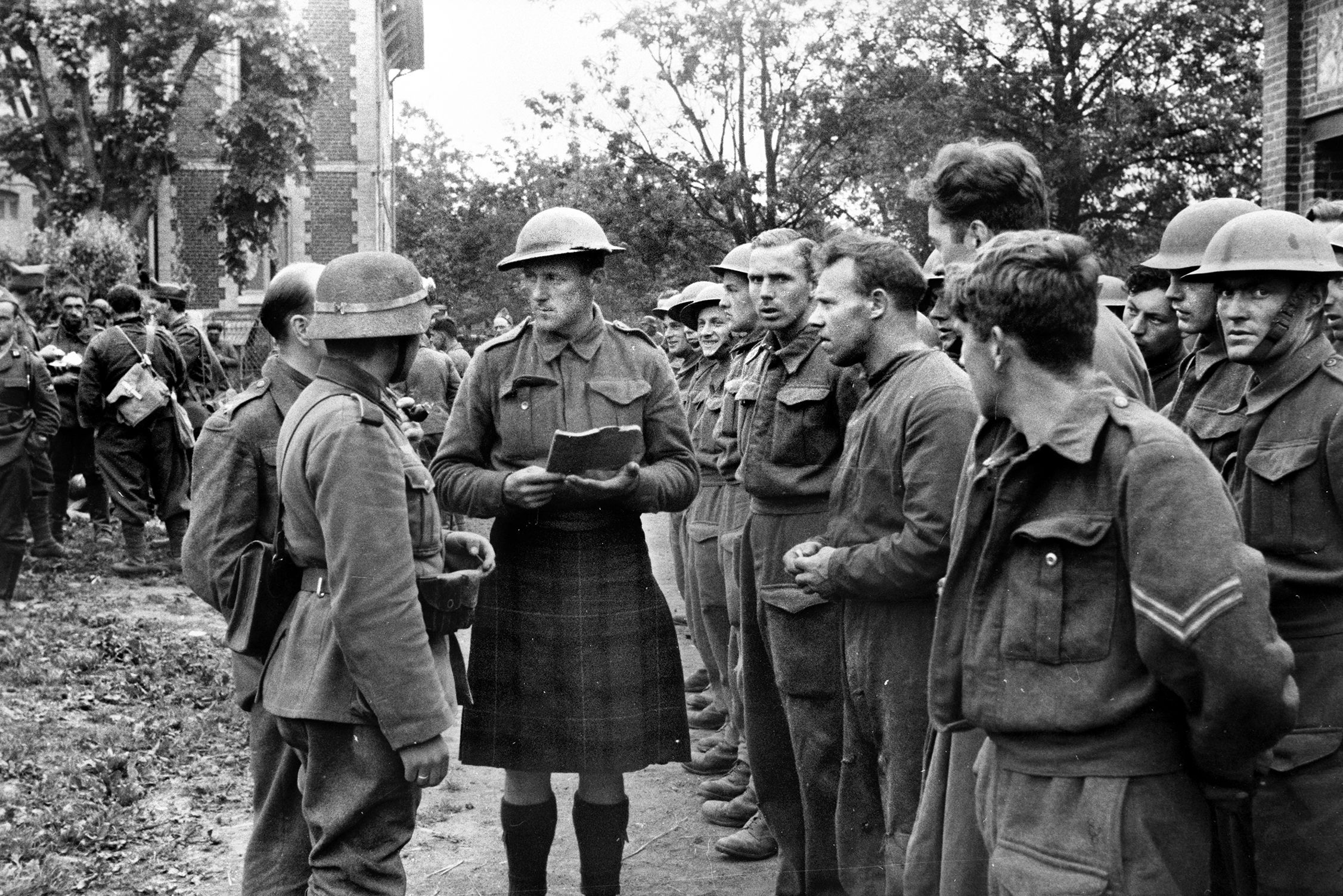
Also, on the 27th, Spears had very candid but sobering conversations with Reynaud. Spears was trying to imbue Reynaud with the will to fight on, and the French premier stated, “Your Government are withholding considerable air forces for the defense of Britain.” Spears retorted, “We are sending every machine we can spare to France. Churchill has said so.” Reynaud admitted at this meeting that although he was willing to “go on to the end…others who held different views, might replace him and treat with the Germans.” Also contributing to the ubiquitous sense of defeatism throughout the French High Command was the Belgian capitulation on this same day. Spears showed Reynaud and Weygand a message from Churchill to Lord Gort urging him to fight on, but the French were wary of his move to the north and rightly knew that the British were in the process of evacuating their troops from Dunkirk.
May 29 was a frustrating day for Spears, since General Maxime Weygand, the French Commander-in-Chief, had reported, “…French divisions were falling back towards the coast, but that their flanks were threatened owing to the precipitate retreat of the British.” This statement demonstrated some of the inherent distrust that the French High Command harbored toward their ally. Spears “…begged Reynaud to believe Gort incapable of abandoning a comrade.” He reiterated to the French premier, “Gort’s orders are to get to Dunkirk, and he is obeying them. He cannot be blamed for that.” Reynaud reminded Spears that it was essential that the French troops should have the same priority as the British in the Dunkirk evacuation. On May 30, Churchill cabled Reynaud, “We wish the French troops to share in the evacuation to the fullest possible extent….”
Unfortunately, the numbers did not support Churchill’s goodwill. Out of 220,000 British troops, about 150,000 had been evacuated, whereas of 200,000 Frenchmen only 15,000 had been taken off. In order to explain this disparity, Churchill cited logistical issues and a belief shared by Lord Gort at Dunkirk that the French had not received direct orders to evacuate. Spears had wondered that Weygand, in fact, had “conceived of Dunkirk as a fortress that could be held for a long time, and had suddenly realized that was not so.” The French order for evacuation was given the next day.
On May 31, Churchill flew to Paris along a circuitous route to avoid German fighters. Spears, upon meeting the prime minister and his entourage immediately observed, “The English team were business-like and precise. They gave the impression of men who had to deal rapidly with important affairs in a short time. No one seemed worried or showed fatigue…These people from home form a homogenous group animated with but one thought; they support each other, react on each other, each one contributing strength to the whole.”
This was in stark contrast to the French, who at the moment were completely in the dark about what was happening in the north. Even Churchill noted that they appeared “so highly tired, undergoing so fearful an ordeal.”
Reynaud was the solitary Frenchman who spoke of the British as a true ally, “the evacuation was a triumph for the British Navy and Air Force…The fight put up by the RAF against tremendous odds was nothing short of heroic.” Spears knew, however, that Churchill “realized in his heart that the French were beaten, that they knew it, and were resigned to defeat.”
The evacuation from Dunkirk was finally terminated in the early hours of June 4, 1940. The official tally shows 338,226 Allied troops brought out, 228,500 British and the rest mostly French.
On June 7, Spears left for London with a message from Reynaud. The French premier was requesting that British divisions and fighter squadrons be stationed again in France for the battle south of the Somme; however, the British had already made it clear that their troops had only rifles and no further squadrons could be sent to France for fear of depleting a suitable fighter force for the defence of Britain’s skies.
Four days previously, Air Chief Marshal Hugh Dowding of Fighter Command attended a cabinet meeting and with ice-cold precision stated to Churchill and his fellow ministers that actual losses were “irrefutable facts and overcame contrary arguments.” By the time the French sought an armistice with the Nazis later in June, the RAF had lost more than 900 aircraft in six weeks. About half were Dowding’s precious Hurricane and Spitfire single-seat fighters, which he was trying to husband for what he correctly believed would be the decisive battle in the skies over southeastern England.
Spears noted in his memoirs, “Much to Reynaud’s credit…in later years he wrote that Churchill would have committed the gravest of errors had he sacrificed the totality of Britain’s air force in the battle of France…his responsibilities and anxieties [at the time]…..as an explanation for having sponsored Weygand’s requests and as an excuse for his constant pressure on Churchill for more help.”
Two circumstances clouded Spears’ meeting with Churchill on June 10, 1940, and it is ironic that both would have their ultimate outcomes realized in November 1942. First, the 51st (Highland) Division was cut off on the coast at St. Valéry, west of Dieppe, together with the French IX Corps. Ships would, it was hoped, evacuate many of the men, but the equipment would be lost. The operation was to take place the following night, but it was feared there might be fog. According to Spears, “Nature was to play us this grim joke as if to underline the crass stupidity that had landed these fine troops in such unnecessary jeopardy. The elements were joining in to make us pay for our blindness.”
In fact, the entire division would be forced to surrender intact on June 12 and remain in captivity for the entire war. A newly reconstituted 51st (Highland) Division would ultimately be formed after the tragedy at St. Valéry and would be ready for action at El Alamein in November 1942 to exact revenge for the Highlanders in POW camps.
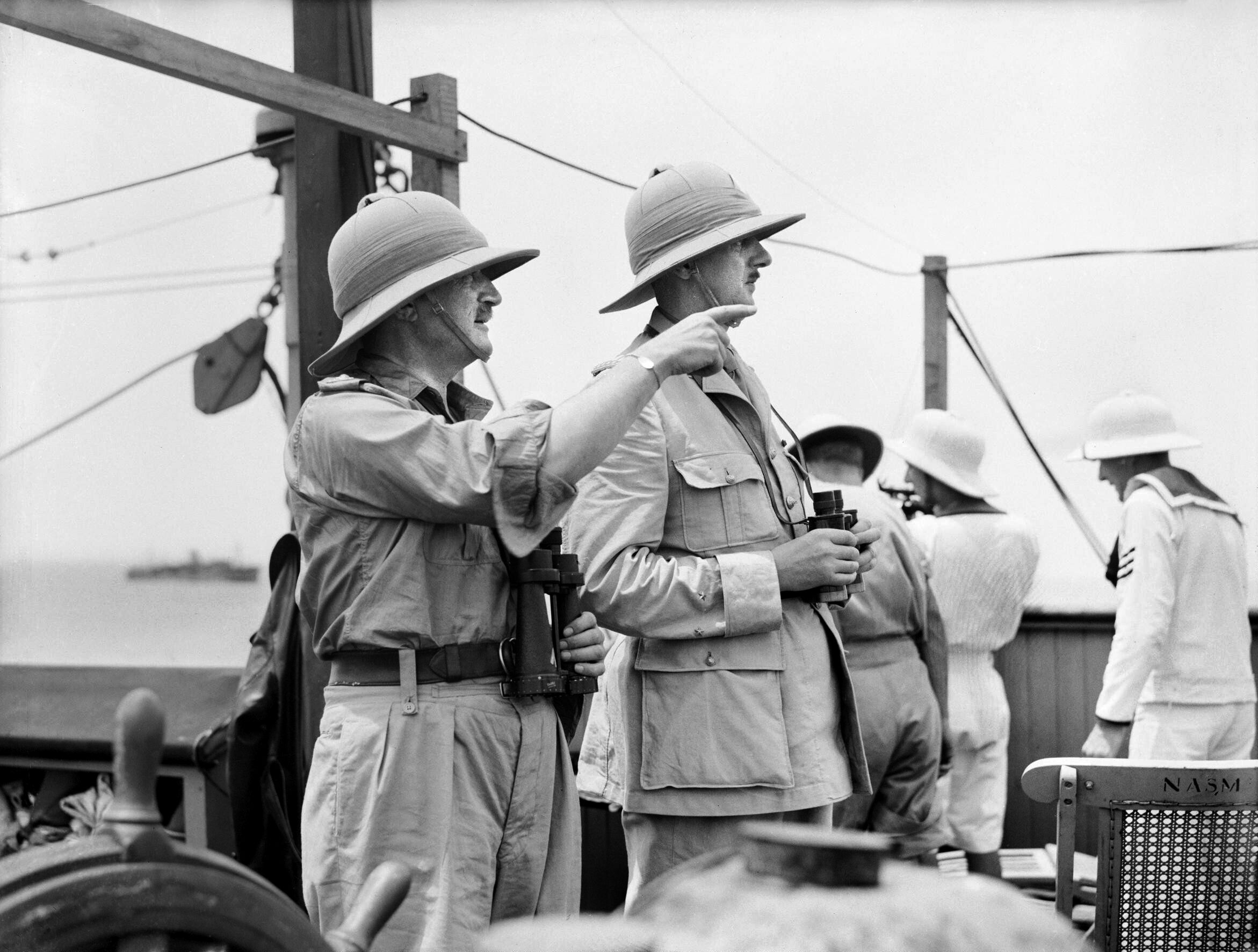
As to the second circumstance covered at this meeting, Churchill then asked Spears, “What will happen to the Navy if France drops out of the war?” Spears responded, “I have no idea. It will follow the Admirals, I suppose…” This event, too, would haunt Churchill since he would have to attack French battleships and cruisers at anchor in the North African port of Mers-el-Kébir in early July 1940, which was to further engender enmity between England and France.
At that meeting on June 10, Spears noted, “Churchill was profoundly unhappy. For the first and only time in my experience I heard words akin to despair pass his lips…It was heart-breaking to me that this load should have been laid on the very man who had prophesied the calamity and worked with all his soul to avert it. I longed to help, but knew I could do nothing…My only prayer was that, if the invasion came, I should be there, to stand in front of him and shield him.”
Spears returned to France with Churchill on June 11. A meeting of the Anglo-French Supreme War Council was held at Briare to accommodate Reynaud’s forced departure from Paris. As vituperative comments were leveled at Britain’s support for the Battle of France after the Dunkirk evacuation, Spears realized, “…the Battle of France was over and that no one believed in miracles…with the destinies of the two nations about to divide.”
While Churchill departed for London the next day, Spears stayed on at Briare. While there, he learned from his discussions with Marshal Philippe Pétain that an armistice with Germany was now inevitable, largely because the British had abandoned France. On June 13, Churchill returned to France to meet with Reynaud again, at Tours. Spears also attended the British delegation, which included Lord Halifax, Lord Beaverbrook, Alexander Cadogan (Permanent Undersecretary of State at the Foreign Office) and Ismay. In a quite startling different tenor to their last encounter, Reynaud declared that unless the United States gave its immediate assurance of help to France, then the French government would have to give up the fight and conclude a separate peace with Hitler.
This was an anathema to Churchill, who was under the distinct belief that neither country would sue for peace separately. Yet, Reynaud was resolute and claimed that France would fight on from North Africa only if the United States entered the war against Germany. In essence, Reynaud was asking Britain to release France from her obligation not to conclude a separate peace with the Nazis. Both countries were to contact Roosevelt separately to seek the intervention of the United States and the conference ended. After a few days, the British government did release France from its bond to resist Germany.
Spears departed France on June 17. Colonel Charles de Gaulle, who had been in Reynaud’s last government, went to the airfield with Spears ostensibly to see him off. However, de Gaulle (with his baggage and aide-de-camp) boarded the plane and departed for Britain with Spears since it was apparent that de Gaulle was held in low esteem among those seeking an armistice and would likely be arrested.
At the end of June, Spears was appointed to head the British government’s mission to de Gaulle. In late September 1940, Spears was present with de Gaulle at the Free French attempt to seize Dakar, during Operation Menace, and get Vichy French troops to join his London-based cause. The attack was repulsed by the Vichy French with losses to the Royal Navy. Spears bore much of the blame for this endeavor, and John Colville, Churchill’s private secretary, wrote on October 27, 1940, “It is true that Spears’ emphatic telegrams persuaded the Cabinet to revert to the Dakar scheme after it had, on the advice of the Chiefs of Staff, been abandoned. Even de Gaulle chastised his liaison to Churchill saying that Spears was ‘intelligent but egotistical and hampering because of his unpopularity with the War Office.’”
In March 1941, Spears was still acting as Churchill’s personal representative to the Free French. He left England with de Gaulle for Cairo, where he met with General Archibald Wavell, who was reluctant to further stretch his limited forces in a fight with the Vichy French over Syria and Lebanon. However, later that month German aircraft landed in Syria in support of the Iraqi rebel Rashid Ali, who had just been ejected from Iraq by Wavell’s ad hoc forces which relieved RAF installations and secured the oil refineries and pipelines there.
On June 8, 1941, Operation Exporter commenced with a combined Commonwealth and Free French force of 30,000 troops under Wavell. Fierce fighting raged, but Wavell’s troops secured the Levant for the Allied cause and prevented Luftwaffe bases being set up in Syria within range of the Suez Canal and other vital British installations in the Middle East. To coordinate liaison between all Commonwealth forces in the Middle East with the British embassy in Cairo, the Middle East Defence Council was established, which would later include Spears as a member.
In January 1942, Spears was appointed the first British minister to Syria and Lebanon. He also received his title of Knight Commander of the British Empire (KBE). Spears was created a baronet in June 1953, and he died on January 27, 1974, at the age of 87.
Jon Diamond practices medicine and resides in Hershey, Pennsylvania. He is a frequent contributor to WWII History and has written several books on the great conflict.
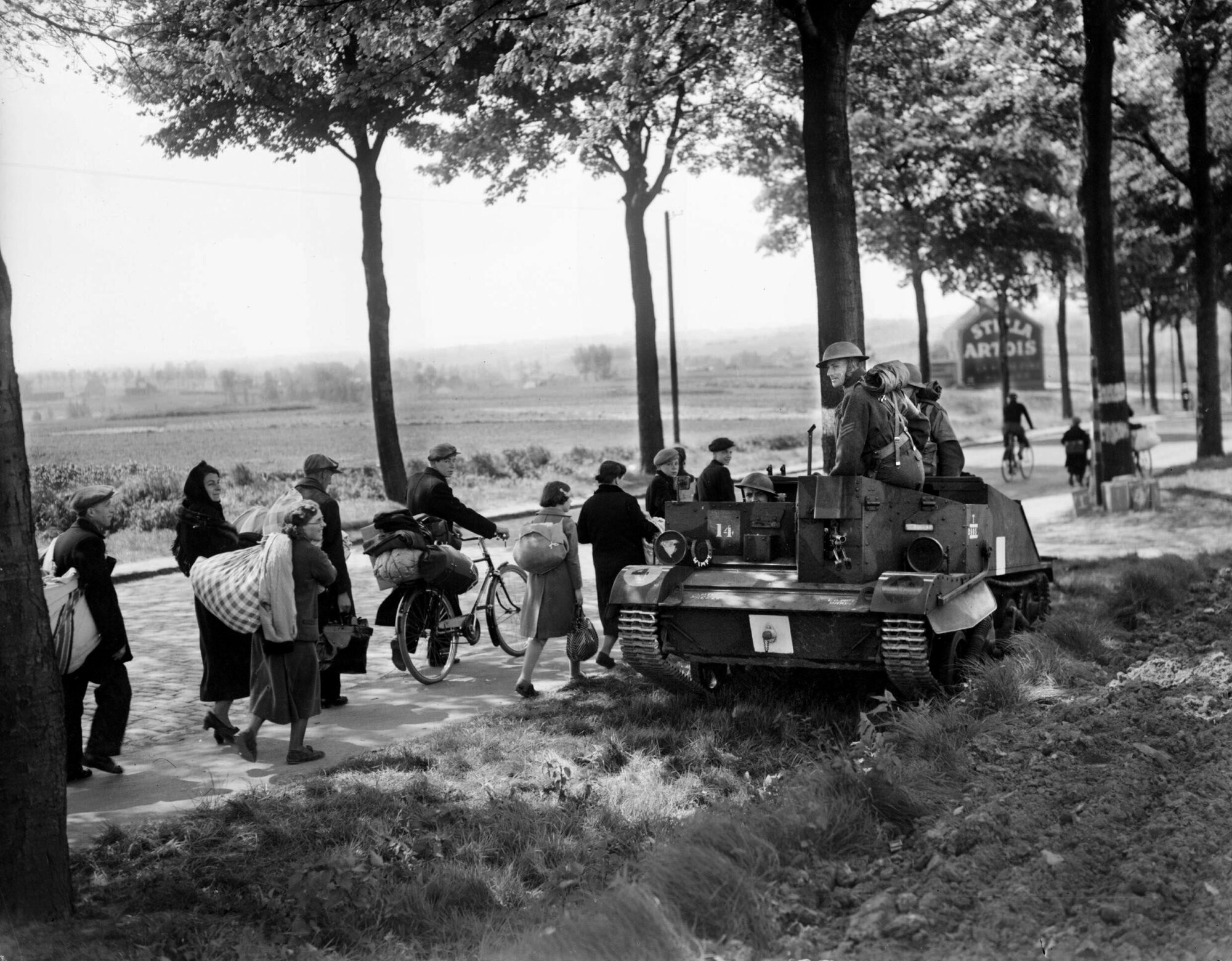
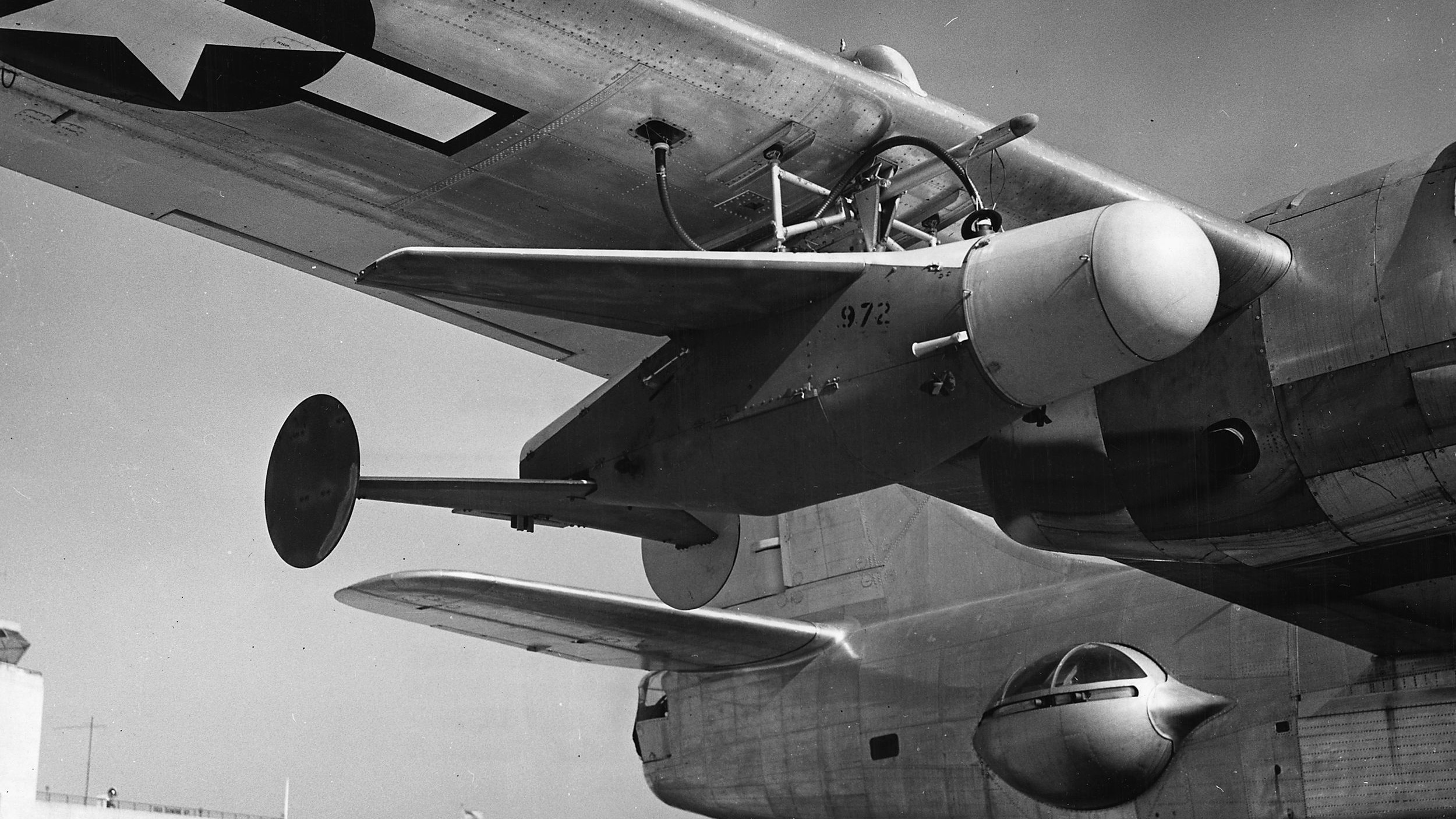
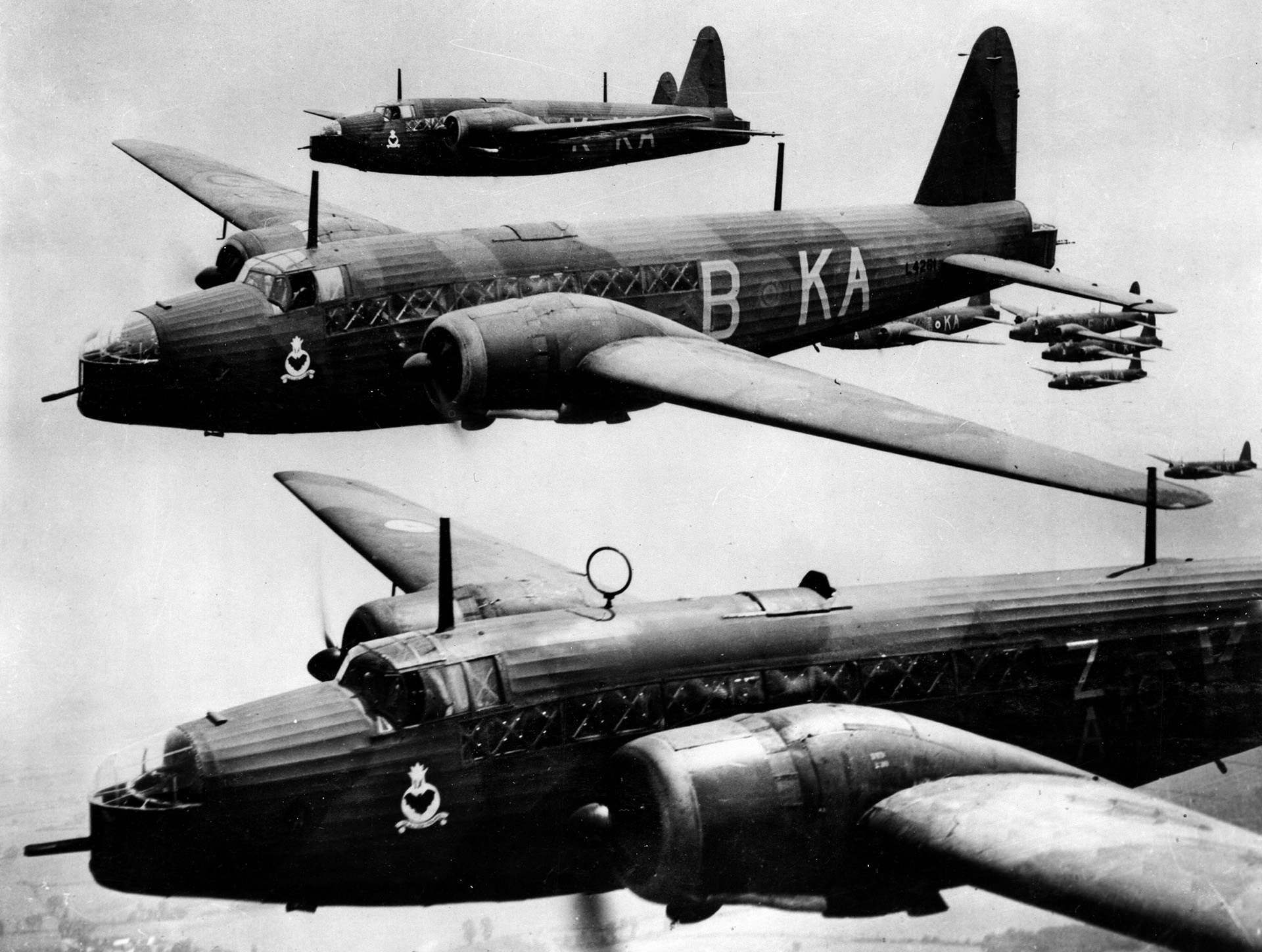
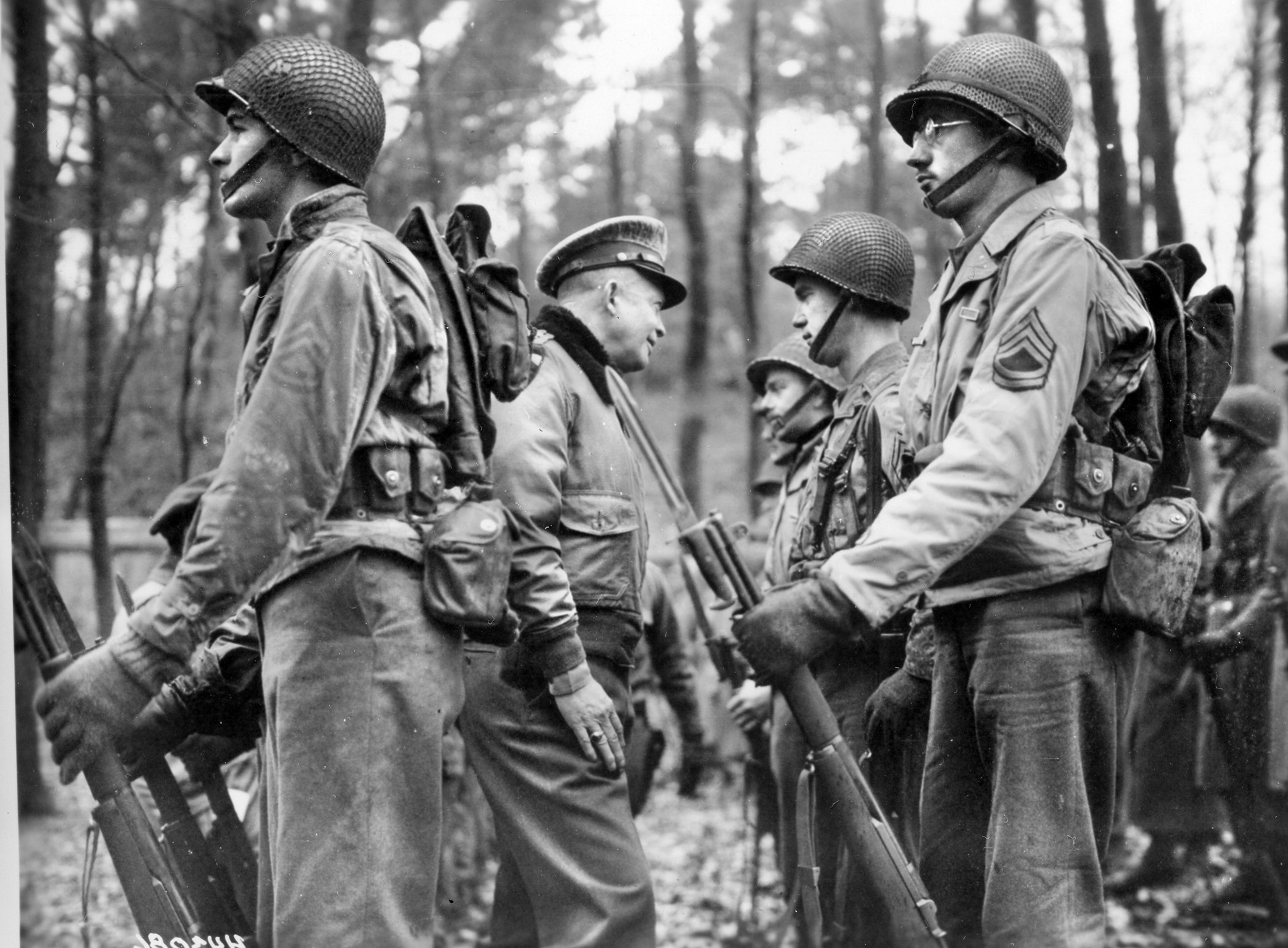
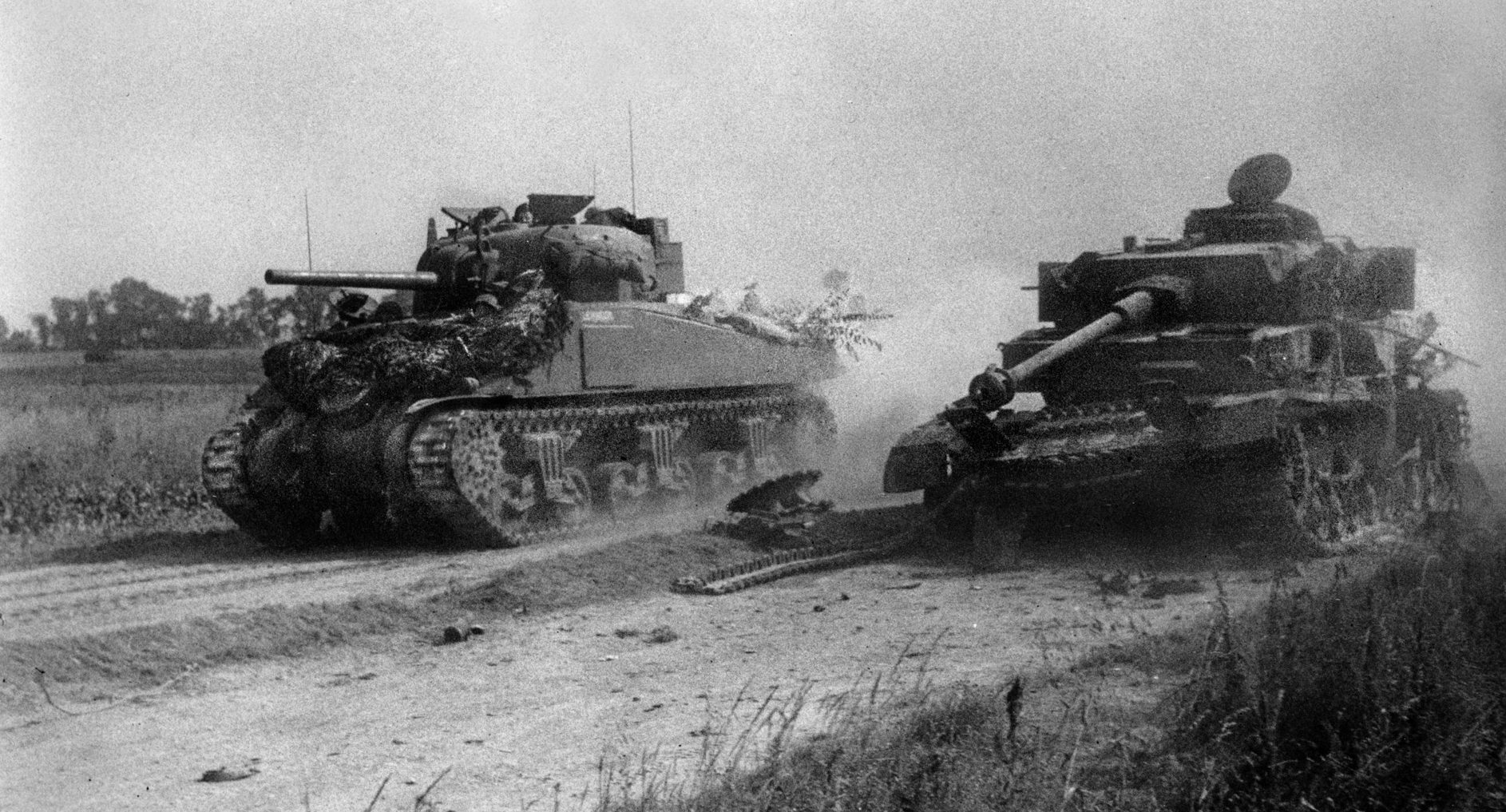
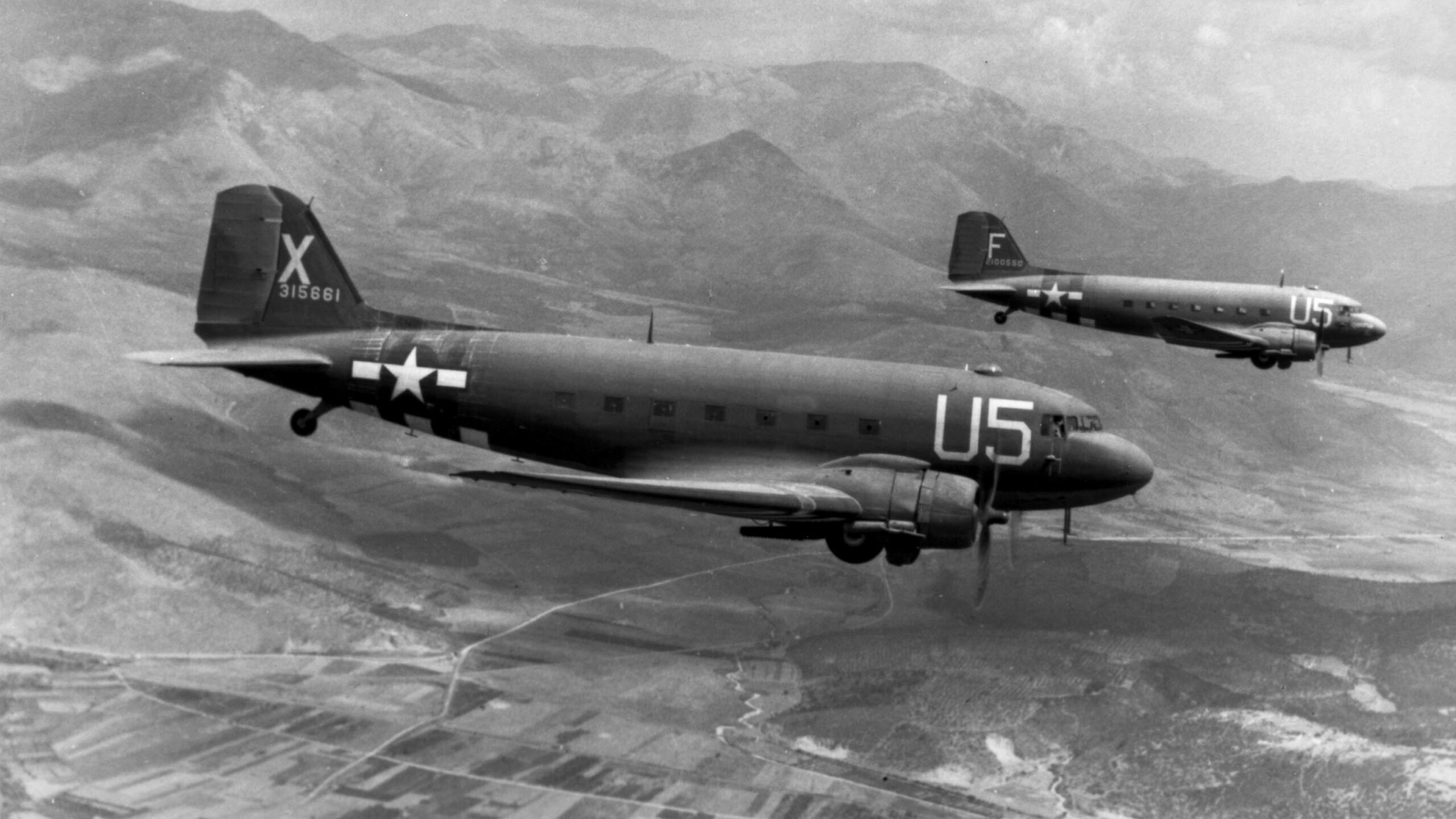
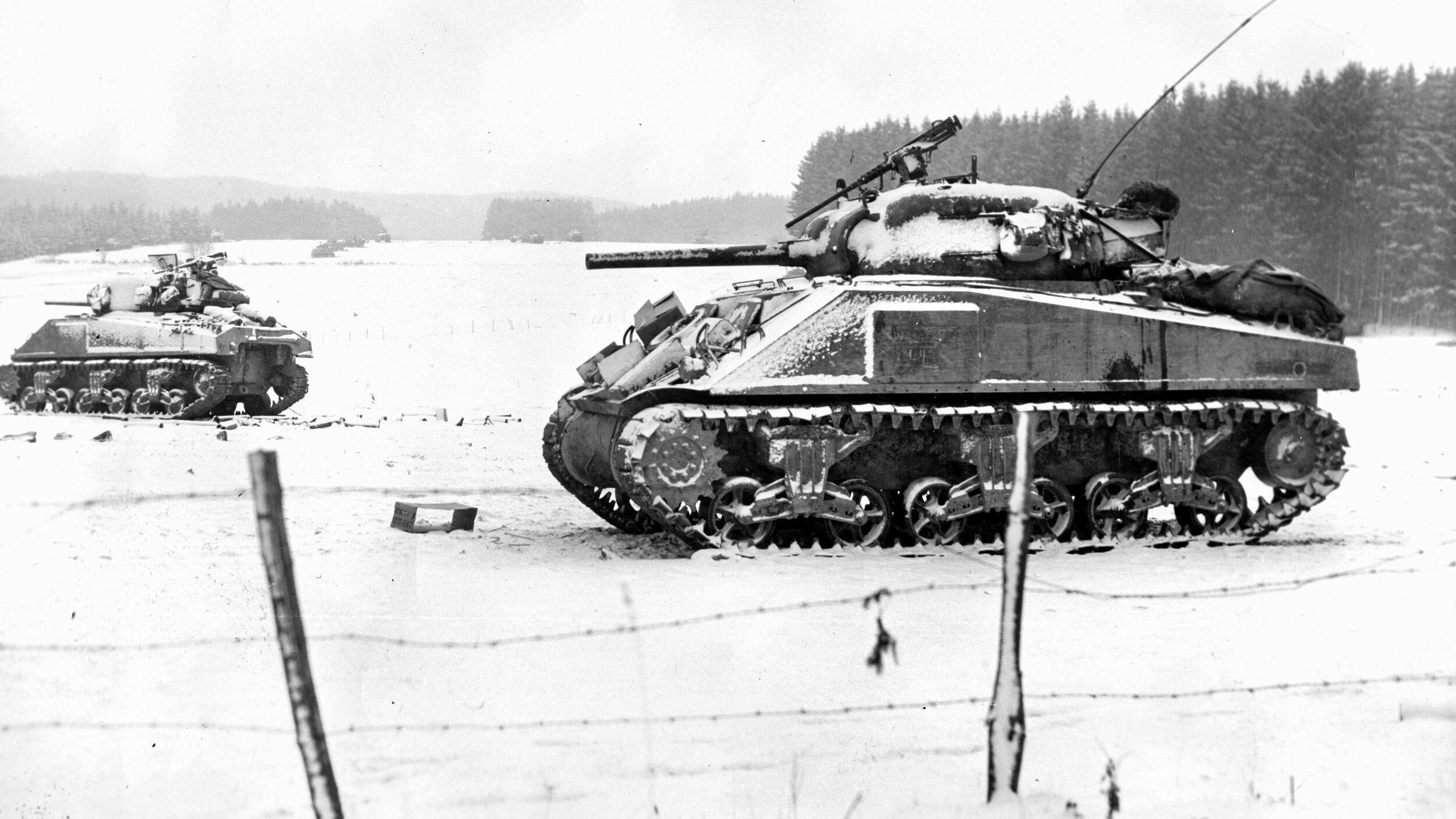
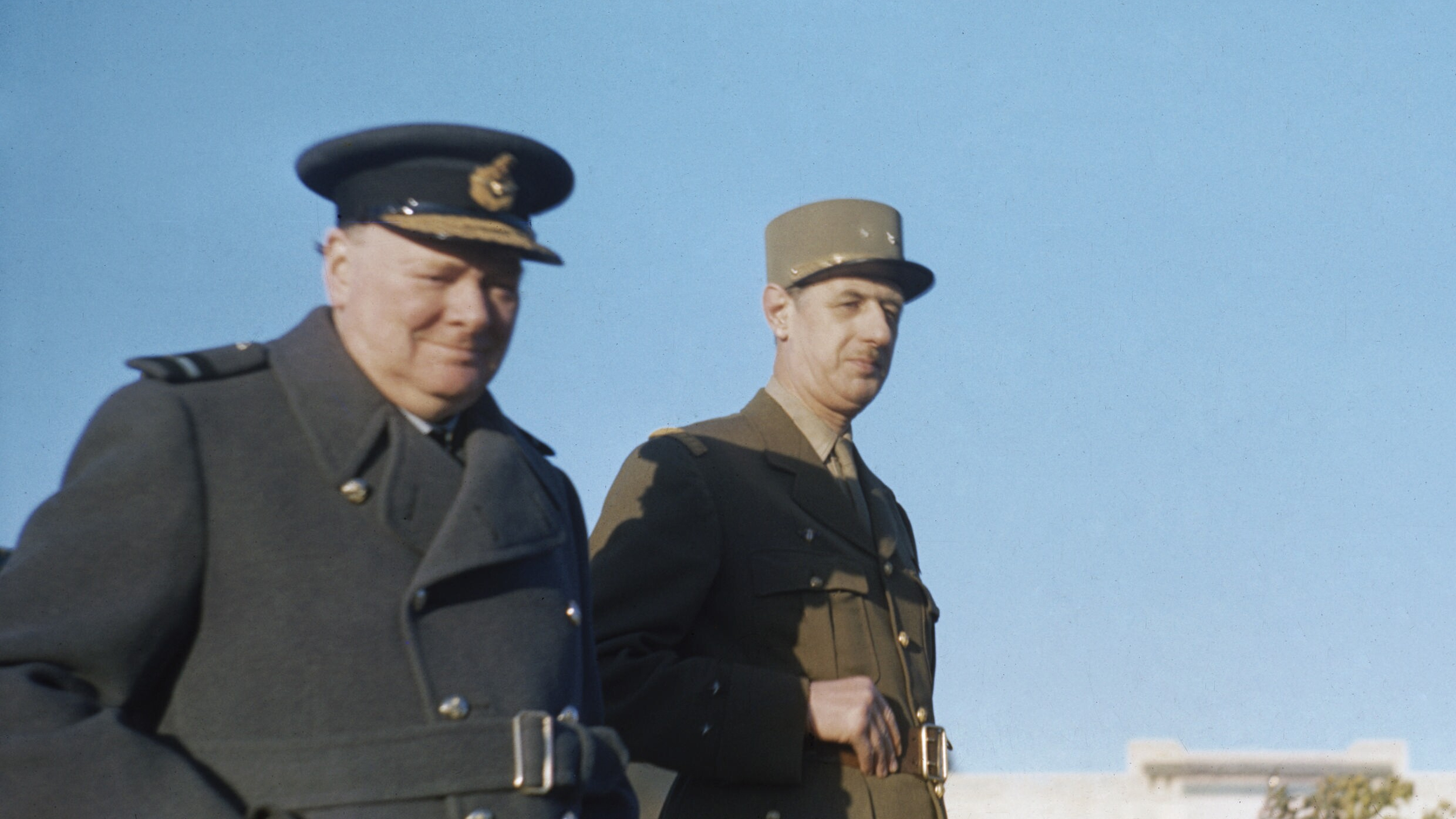
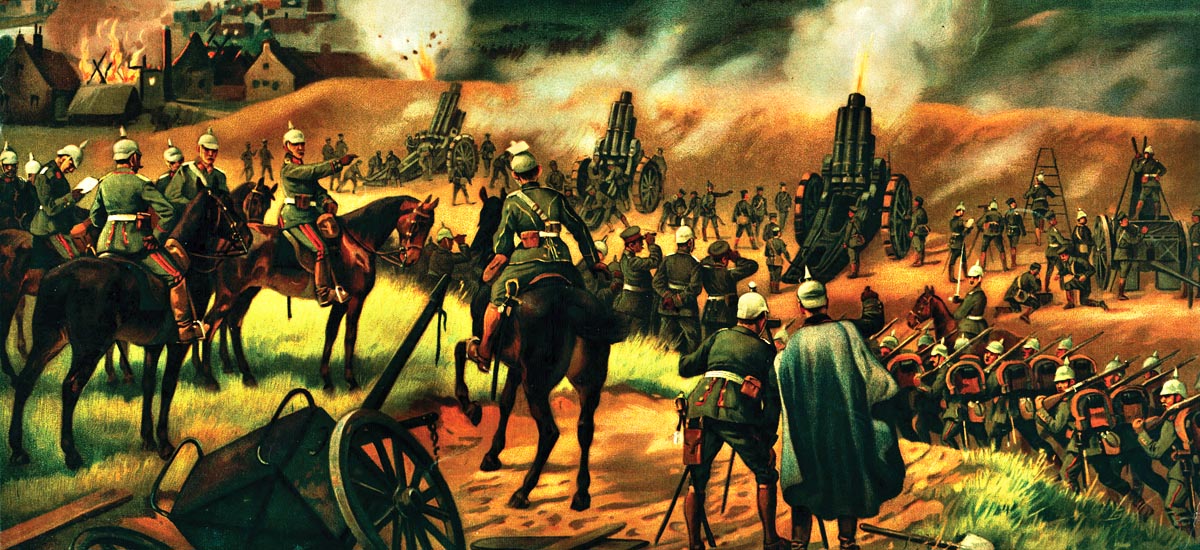
Join The Conversation
Comments
View All Comments